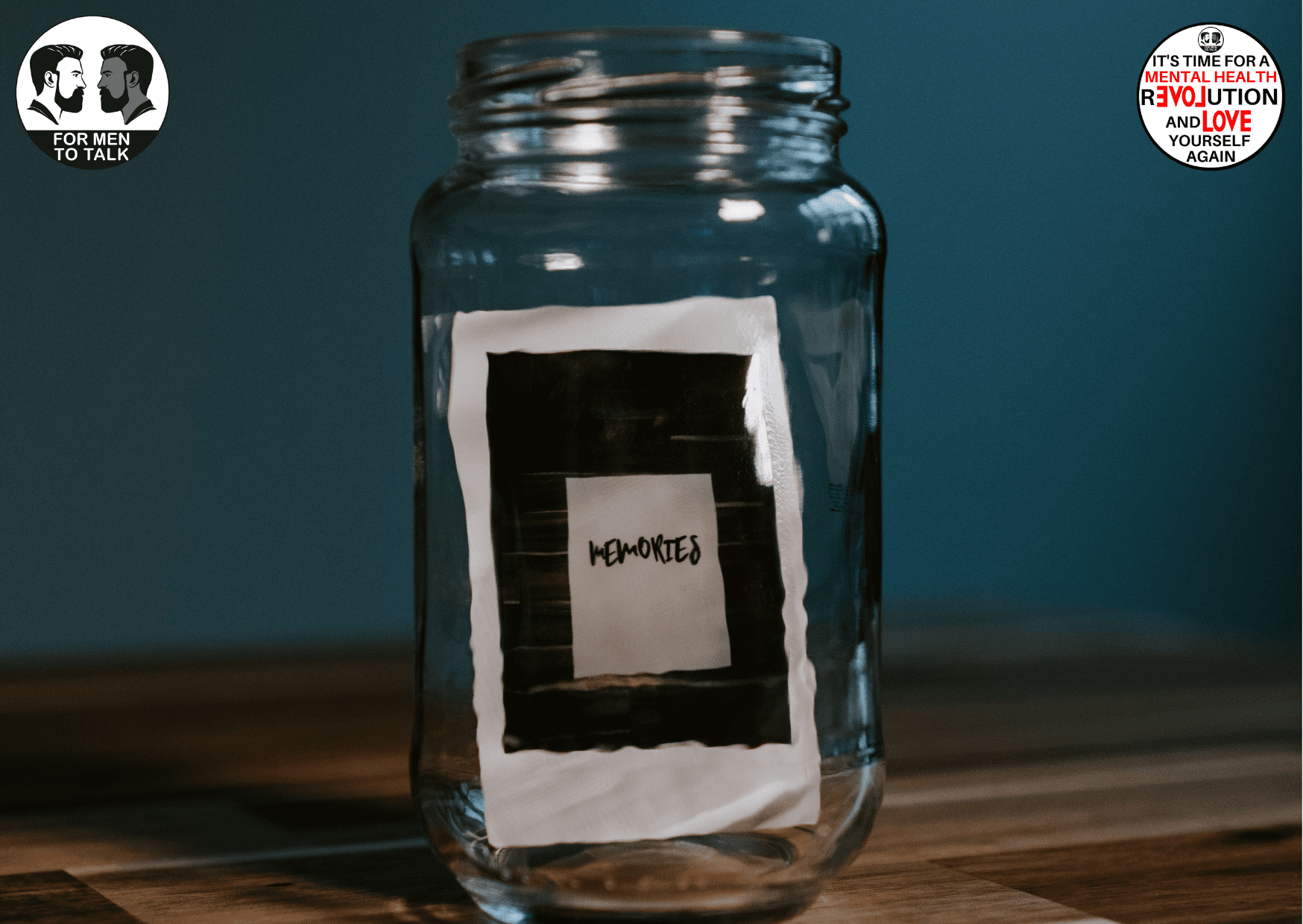The silent struggle: How mental health illnesses impact men’s memory

In the realm of mental health, the discussion often revolves around mood disorders, anxiety, and depression. However, one aspect that tends to remain in the shadows is the profound impact these conditions can have on memory, particularly in men. While memory impairment is often associated with aging, the effects of mental health illnesses on memory can manifest in various ways, significantly affecting men’s mental well-being.
Memory serves as a fundamental aspect of daily functioning, influencing everything from work performance to personal relationships. For men grappling with mental health illnesses, memory disturbances can exacerbate their struggles, leading to a cascade of challenges. Here, we delve into the intricate ways mental health conditions intersect with memory in men’s mental health:
- Cognitive Fog: Many mental health disorders, such as depression and anxiety, are accompanied by a pervasive sense of cognitive fog. Men experiencing these conditions often report difficulties concentrating and processing information, which can impair both short-term and long-term memory. Tasks that once seemed effortless become arduous, contributing to feelings of frustration and inadequacy.
- Trauma and Flashbacks: Post-Traumatic Stress Disorder (PTSD) is a condition prevalent among men, particularly those who have served in the military or experienced other traumatic events. For individuals with PTSD, intrusive memories and flashbacks can hijack consciousness, making it challenging to distinguish past traumas from present realities. This fragmentation of memory disrupts daily functioning and exacerbates feelings of anxiety and hypervigilance.
- Medication Side Effects: Pharmacological interventions are common in managing mental health disorders, yet many psychiatric medications carry side effects that impact memory. Antidepressants, antipsychotics, and mood stabilisers can all contribute to cognitive impairment, including memory deficits. For men already grappling with mental health challenges, the additional burden of medication-induced memory issues can further complicate their journey towards wellness.
- Substance Abuse: Substance abuse often co-occurs with mental health disorders, forming a perilous cycle that wreaks havoc on memory function. Chronic drug and alcohol use can lead to structural changes in the brain, particularly in regions responsible for memory formation and retrieval. As a result, men battling addiction and mental health illnesses may struggle with memory lapses, blackouts, and impaired cognitive function.
- Chronic Stress: The male experience is often characterised by societal pressures to succeed, provide, and maintain emotional stoicism. This relentless stress can take a significant toll on mental health, contributing to conditions like chronic anxiety and burnout. Chronic stress not only impairs memory consolidation but also exacerbates cognitive decline over time, posing long-term implications for men’s mental well-being.
- Sleep Disturbances: Quality sleep is paramount for memory consolidation and cognitive function. However, many men with mental health disorders experience disruptions in sleep patterns, ranging from insomnia to restless sleep. These disturbances not only impair memory formation but also exacerbate existing psychiatric symptoms, creating a vicious cycle of sleep deprivation and cognitive dysfunction.
Addressing the intersection of mental health and memory in men requires a multifaceted approach that encompasses therapeutic interventions, lifestyle modifications, and promote the need to seek help. Encouraging open dialogue surrounding men’s mental health is crucial in fostering a supportive environment where individuals feel empowered to seek assistance without fear of judgment or ridicule.
Moreover, integrating memory-focused interventions, such as cognitive-behavioural therapy and mindfulness practices, into treatment plans can help mitigate the cognitive effects of mental health illnesses. Additionally, promoting healthy lifestyle habits, including regular exercise, balanced nutrition, and adequate sleep, can bolster cognitive resilience and support overall well-being.
In conclusion, the impact of mental health illnesses on memory in men is a multifaceted issue that warrants attention and compassion. By acknowledging the intricate interplay between mental health and memory, we can pave the way for more comprehensive and effective approaches to supporting men’s mental well-being. Through advocacy, education, and holistic care, we can break the silence surrounding this critical aspect of men’s mental health and pave the way for healing and resilience.